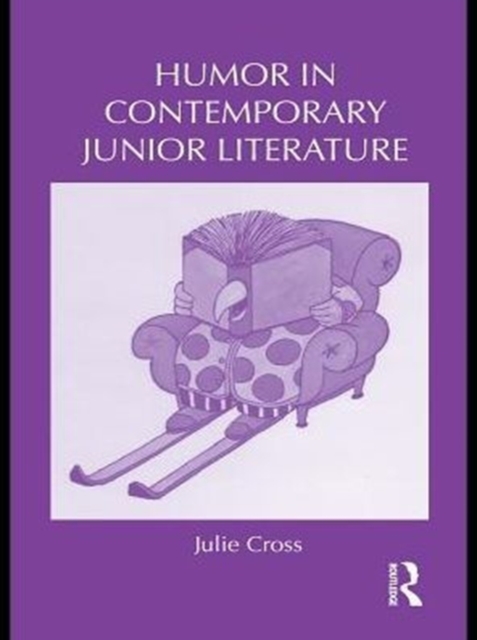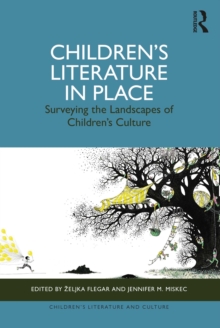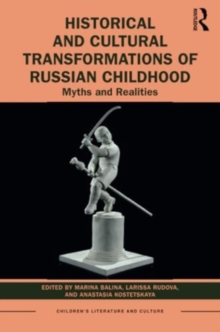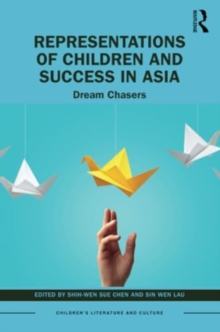
Humor in Contemporary Junior Literature PDF
by Julie Cross
Part of the Children's Literature and Culture series
Description
In this new book, Julie Cross examines the intricacies of textual humor in contemporary junior literature, using the tools of literary criticism and humor theory. Cross investigates the dialectical paradoxes of humor and debunks the common belief in oppositional binaries of 'simple' versus 'complex' humor. The varied combinations of so-called high and low forms of humor within junior texts for young readers, who are at such a crucial stage of their reading and social development, provide a valuable commentary upon the culture and values of contemporary western society, making the book of considerable interest to scholars of both children's literature and childhood studies.
Cross explores the ways in which the changing content, forms and functions of the many varied combinations of humor in junior texts, including the Lemony Snickett series, reveal societal attitudes towards young children and childhood. The new compounds of seemingly paradoxical high and low forms of humor, in texts for developing readers from the 1960s onwards, reflect and contribute to contemporary society's hesitant and uneven acceptance of the emergent paradigm of children's rights, abilities, participation and empowerment. Cross identifies four types of potentially subversive/transgressive humor which have emerged since the 1960s which, coupled with the three main theories of humor - relief, superiority and incongruity theories - enables a long-overdue charting of developments in humor within junior texts. Cross also argues that the gradual increase in the compounding of the simple and the complex provide opportunities for young readers to play with ambiguous, complicated ideas, helping them embrace the complexities and contradictions of contemporary life.
Information
-
Download - Immediately Available
- Format:PDF
- Pages:264 pages
- Publisher:Taylor & Francis
- Publication Date:14/12/2010
- Category:
- ISBN:9781136839870
Other Formats
- Hardback from £145.00
- Paperback / softback from £44.55
Information
-
Download - Immediately Available
- Format:PDF
- Pages:264 pages
- Publisher:Taylor & Francis
- Publication Date:14/12/2010
- Category:
- ISBN:9781136839870










